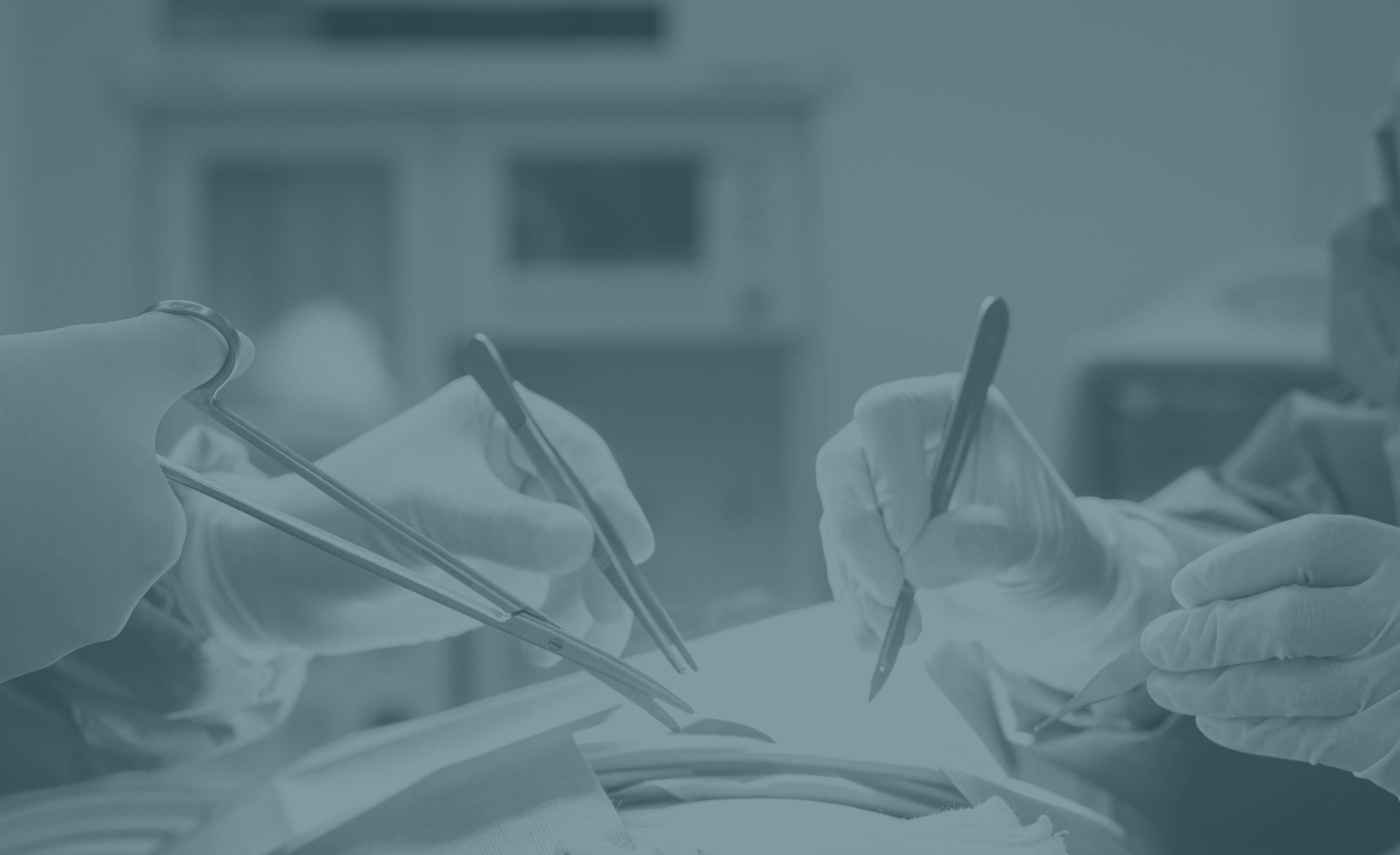Prof McGuire’s
Orthopaedic Services
Acromioclavicular (AC) Joint Injuries
The acromioclavicular or AC joint is the shoulder joint where the collar bone (clavicle) meets the acromion, which is part of the scapula on the outer aspect of the shoulder. Just like in most joints, there is cartilage in between the clavicle and the acromion, which allows the bones to move smoothly. Injury to this joint (also known as a shoulder separation) usually occurs when falling off a bicycle or motorbike, or in contact sports such as rugby.
There are different types of acromioclavicular joint injuries. They are classified according to the degree of injury to the structures that stabilise the AC joint. These types include:
- Type 1 – This is when the acromioclavicular (AC) ligaments are slightly torn, while the coracoclavicular (CC) ligaments are unharmed. Both of these ligaments are responsible for stabilising the acromioclavicular joint.
- Type 2 – This is when the entire AC ligaments are torn, and there is little or no tear of the CC ligaments.
- Type 3 – This is when both the AC and CC ligaments are torn completely, resulting in the complete separation of the collarbone from the shoulder blade.
- Type 4 and 5 are more severe injuries and involve muscles pulling off the collar bone as well. This result is a severe displacement of the collar bone away from the acromion.
These grades of injury represent injuries ranging from a sprain to complete dislocation. Fortunately, most of these injuries do not need surgery. Grades 1 and 2 do not need surgery and can be treated with a sling. Grades 4 and 5 do need surgery as the collar bone is completely displaced and unstable. Grade 3 is a grey area where some of these can be treated without surgery, whereas others do need surgery. Usually, a trial of conservative treatment in a sling should be offered to grade 3 injuries, and only if there is minimal improvement after 1-2 weeks, then surgery can be considered. Prof McGuire is very conservative in his approach to treating these injuries.

